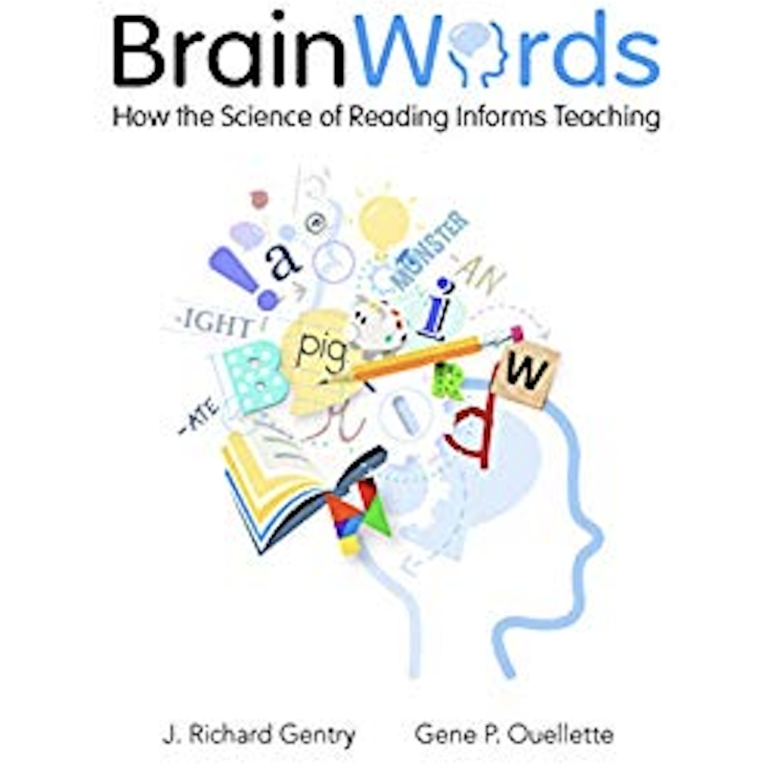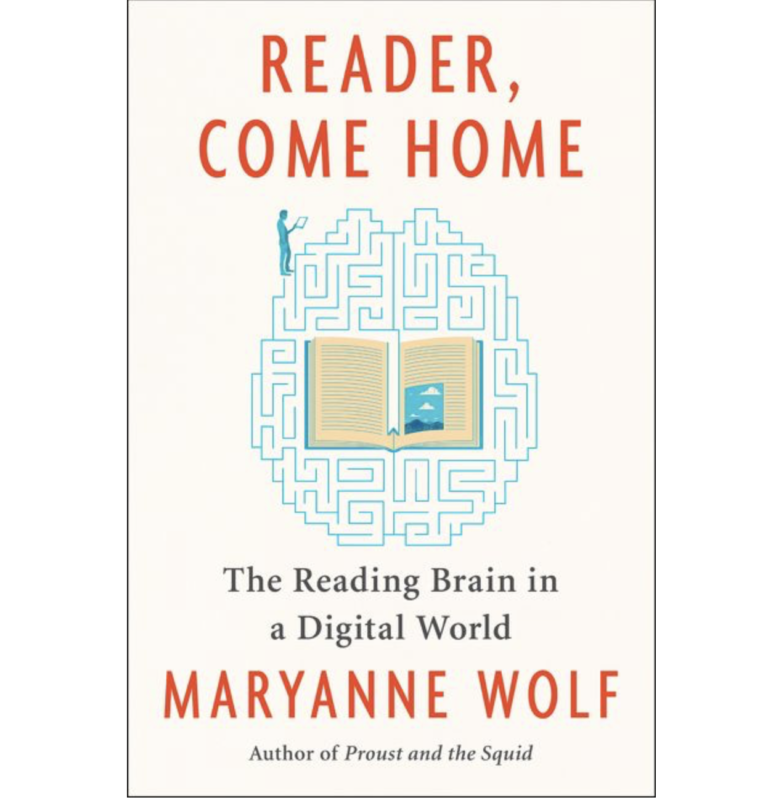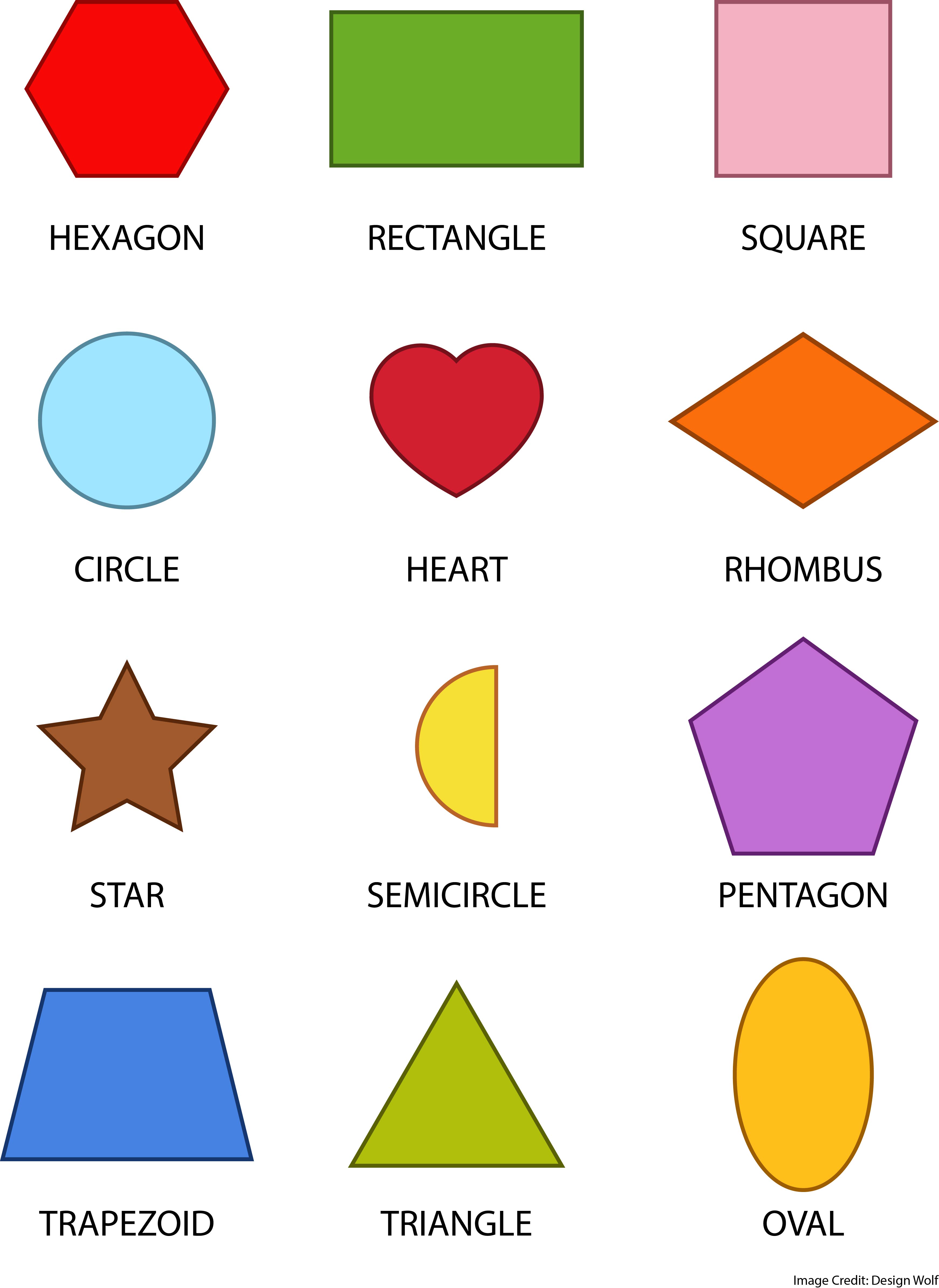Tags
ADHD adolescence attention book review boundary conditions classroom advice conference speakers constructivism/direct instruction creativity desirable difficulty development dual coding education elementary school embodied cognition emotion evolution executive function exercise experts and novices gender high school homework intelligence long-term memory math methodology middle school mindfulness Mindset motivation neuromyths neuroscience online learning parents psychology reading retrieval practice self-control skepticism sleep STEM stress technology working memoryRecent Comments
- Understanding Test Anxiety on Test Anxiety: How and When Does It Harm Students?
- A Skeptic Converted? The Benefits of Narrative |Education & Teacher Conferences on Help Me Understand: Narrative Is Better than Exposition
- Debate #4- Cell phones be banned from the classroom. | Aradhana's blog – ECI830 on Cell Phones in the Classroom: Expected (and Unexpected) Effects
- The Rare Slam Dunk? Blue Light Before Bed |Education & Teacher Conferences on “Writing By Hand Fosters Neural Connections…”
- Andrew Watson on “You Can Find Research that Proves Anything”
ABOUT THE BLOG
Tag Archives: reading

“If I Want My Students to Learn Math, Should I...
We all agree, I suspect, that students should learn math. And reading. They should learn…

Can We Improve Our Students’ Executive Function? Will That Help...
New research suggests that the right kind of Executive Function training just might help struggling readers. Continue reading

Does Teaching HANDWRITING Help Students READ?
Should schools teach handwriting? Do handwriting lessons help students read? Research from Australia offers useful insights. Continue reading

How to Help Struggling Readers?
A surprisingly simple reading strategy produces remarkable benefits for struggling readers. Continue reading

Brain Words: How the Science of Reading Informs Teaching by...
Far too many children are not learning to read well. New research about reading has…

When Parents Teach Reading, Do They Also Promote Math Skills?
New research from England gives parents insight into the relationship between learning to read and learning to count. Continue reading

Reader, Come Home: The Reading Brain in a Digital World...
How often do you read in a deep and sustained way fully immersed, even transformed,…

The Best Way to Read? Paper vs. Screens
The “paper vs. screens” debate has a clear winner: in most circumstances, students understand better and learn more when they read from paper. Continue reading

Once Upon a Digital Time…
A recent study suggests that 3- and 4-year old children understand as much, and learn…

Gender Differences in Dyslexia Diagnoses
It has long been true that men are diagnosed with dyslexia more often than women….
